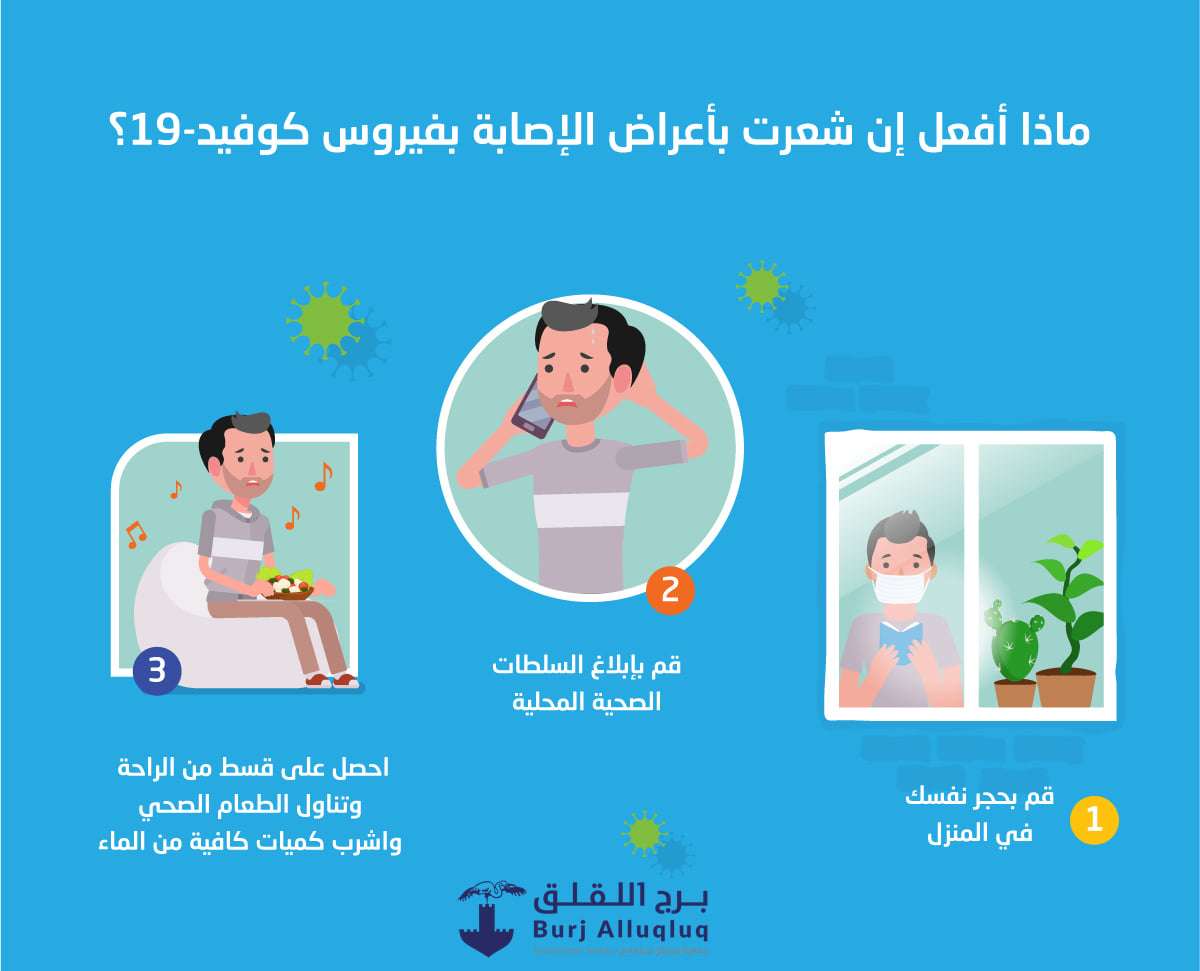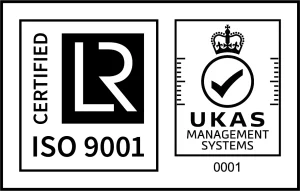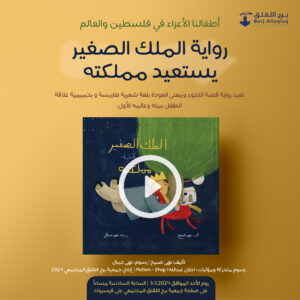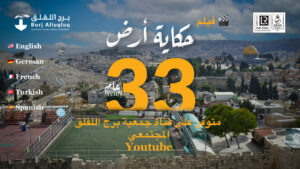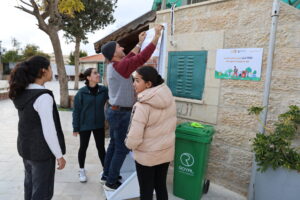“weekly plan supporting outreach for the COVID-19 Risk Communications and Engagement”
Burj Alluqluq Social Center Society and The International Committee for the Development of Peoples (BALL and CISP) adopt the
“weekly plan supporting outreach for the COVID-19 Risk Communications and Engagement”
The Jerusalemite community, like all other societies in the world, has been affected by the Covid-19 pandemic and the restrictions imposed on movement and activities as measures to limit the spread of the virus Since the beginning of March 2020.
Al-Quds people have struggled as well to curb the outbreak by adhering to all imposed measures.
With the closure of basic services such as education and social programs, this exacerbated the negative impact on mental health, at the very least, for many reasons, including loss of work, scarcity of income sources, and changes in family relations.
The difficulty lies mainly in the fact that this emergency is a new one, and its expected duration remains unclear until the moment. Especially at the beginning,a lot of conflicting information and rumors were spread about what preventive measures should be taken and also what are the best ways to reduce the risk of infection with the virus.
The state of emergency continued to affect the lives of citizens despite the return of some services to work during summer. A new increase in infections lead to new restrictions in Jerusalem, culminating in a new closure and full lockdown last month, October 2020.
Despite this, Burj Alluqluq Social Center Society , with its partner The International committee for the Development of Peoples, continued providing various services to children, youth, and adults, using work methodologies and alternative methods based on respect for social distancing and commitment to the highest standards of prevention.
In addition to the continuous provision of project services, the association and its partner realized the great importance of sharing accurate and updated information about Covid 19 with the largest possible number of community members of different age and groups.
In order to achieve this, the center and CHIPS joined the “Communication Plan on Risks and Community Engagement” and responded to this multi-sector partner campaign that includes UNICEF and the World Health Organization as leading international institutions.
The plan, through the contribution of many partners, prepares and presents a wide range of content materials. Each contains explanatory designs that are updated based on the development of the crisis. CISP and BALL receives the materials of the communication plan, revises it, and chooses what is suitable for the different circumstances and needs of the local community in Jerusalem.
Special attention has been paid to those who belong to high-risk groups, such as the elderly, families who live in crowded places, or women who have to deal with multiple children at home for long periods.
More than 20 publications were shared within the framework of this campaign from April 2020 until now, most of them photos and videos, through the association’s various social media platforms, and they had a great impact on the evidence that each publication reached 2000-3000 viewers.
This contribution is small, but it is crucial in terms of real value to reduce the impact of this crisis through the promotion of correct information.
